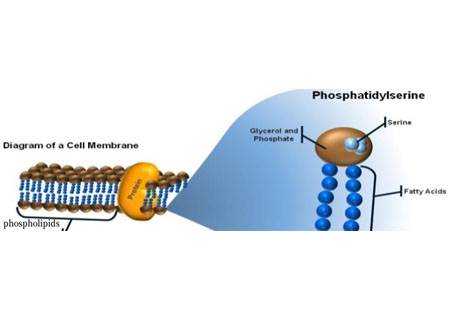In the field of modern skin care, glutathione is gradually becoming a highly respected active ingredient due to its excellent antioxidant and whitening properties. As a tripeptide composed of glutamic acid, cysteine and glycine, glutathione plays a key role in maintaining the redox balance in cells. Its unique physiological function makes it a hot topic in the cosmetics industry.
1. Whitening mechanism of glutathione
Glutathione affects the production of melanin in various ways, thereby achieving a whitening effect:
Inhibit tyrosinase activity: Glutathione can bind to the copper ions in the tyrosinase molecule, directly inhibit its activity, and reduce the production of melanin.
Interfere with the melanin synthesis process: By reacting with dopaquinone, glutathione promotes the production of pheomelanin and reduces the formation of true melanin, thereby making the skin brighter.
Antioxidant effect: As a powerful antioxidant, glutathione can scavenge free radicals and peroxides, reduce oxidative stress caused by ultraviolet rays, and indirectly reduce the production of melanin.
2. Anti-aging and skin care effects of glutathione
In addition to the whitening effect, glutathione also has a significant effect on anti-aging and improving skin quality:
Antioxidant protection: Glutathione protects cells from oxidative damage by removing free radicals in the body, delaying the skin aging process.
Enhance skin elasticity: Continuous supplementation of glutathione can promote the growth of new skin cells and increase the proportion of new cells in epidermal cells. At the same time, it has a good moisturizing effect, making the skin smoother and more elastic.
Detoxification effect: Glutathione can bind and neutralize heavy metals and toxins, reduce the damage of environmental pollution to the skin, and maintain skin health.
3. Application forms of glutathione in cosmetics
According to different usage needs, glutathione is mainly used in skin care products in the following forms:
Topical products: including creams, cleansers, lotions, etc. containing glutathione, which act directly on the skin surface to play a whitening and antioxidant role. Studies have shown that the use of 2% glutathione lotion can significantly reduce the skin melanin index and improve skin color within 10 weeks.
Oral supplements: Taken in capsules or tablets, improve skin quality from the inside out by increasing glutathione levels in the body. A randomized double-blind study showed that after 4 weeks of oral administration of 500 mg of glutathione daily, the skin melanin index was significantly reduced.
Injection method: Intravenous injection of glutathione can quickly increase the concentration in the body and achieve a rapid whitening effect. However, this method needs to be carried out under professional medical guidance to ensure safety.
4. Safety and precautions of glutathione
As a naturally occurring substance in the human body, glutathione has good safety when used appropriately. However, high doses may cause side effects such as rash, headache, gastrointestinal discomfort, etc. Therefore, when using products containing glutathione, the recommended dose should be followed and carried out under the guidance of professionals.
5. Conclusion
In summary, glutathione has become a star ingredient in modern cosmetics with its multiple skin care benefits. Its significant effects in whitening, anti-aging, enhancing skin elasticity and detoxification give it broad application prospects in the field of skin care.




